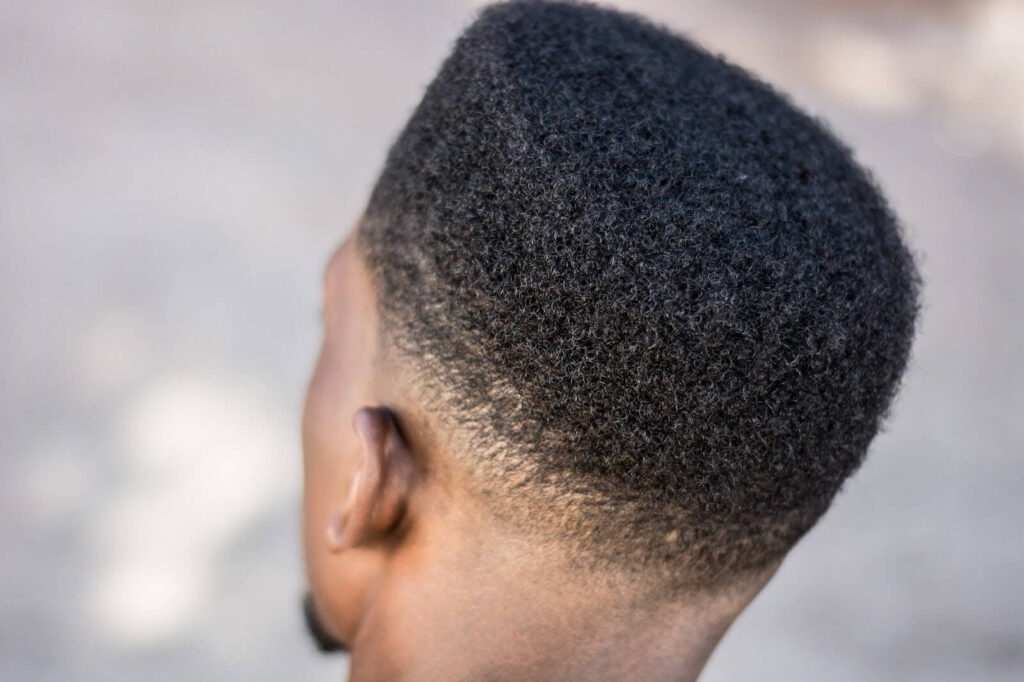Summer is an excellent time for a hair transplant, but you need to keep your head covered or wear sunscreen. At Nashville Hair Doctor we want to make sure our patients in Nashville, Memphis, and Louisville (as well as our out-of-town clients) have all the information needed to ensure best results. Below we talk about the potential harms of sun exposure during your hair transplant recovery, and what you can do to protect against it.
What to Know About Sun Exposure and Hair Transplant Recovery
Keys to a Successful Hair Transplant
There are several factors that influence the outcome of hair restoration surgery. The type of procedure you’re having is your first big decision. FUT vs FUE? It depends on what downtime you’re willing to accept, and whether you want to avoid a linear scar. And who will perform the procedure? A more experienced technician with years of experience will go a long way towards ensuring a good and natural-looking outcome.
Once you have settled those two questions, a lot depends on your recovery, which is something that is mostly in your hands. We make sure we give you all the information you need with step-by-step instructions on how to wash your hair and how to sleep during the first week. The more you adhere to these guidelines, the better chance you give your new hair to take root and grow.
It is important that you avoid sun exposure for several months after your hair transplant. Even though you are typically able to resume regular activities after 1-2 days with hardly any downtime at all, your scalp needs time to heal. If you are exposed to too much sun too early, you don’t just damage your skin, you could damage the new follicles.
Sun Exposure Could Jeopardize the Follicles
FUE hair transplants may look like they only involve the surface of your scalp. After all, nothing gets cut out from the skin, and the only “trauma” is a series of tiny pinpricks in your donor and recipient areas that scab over within under a week. Avoiding a surgical incision and linear scar was most likely the main reason you chose a follicular unit extraction procedure like NeoGraft in the first place.
And yet, several layers of the skin are affected. The surface layer or epidermis heals relatively fast, but it can take much longer for the deeper tissues to fully heal. If the scalp experiences any sun damage during this time, the underlying tissue bearing the not yet healed follicles could be damaged as well. And this could negatively affect how well those follicles “take” to their new surroundings, which of course is a key success factor.
Skin Sensitivity After Surgery
But why is our skin more sensitive to light after surgery? It has to do with the so-called chromatophores. These are cells in our skin that regulate pigmentation. They darken the skin when it is exposed to the sun to protect it from more exposure. Unfortunately, these important cells die off when skin is removed and transplanted. They do regenerate over time, but this can take several months. If you are exposed to sun before they can regenerate themselves, they cannot protect you the way they usually do. This can leave your skin permanently discolored, and again hinder the healing process of the follicles themselves.
Once again, your skin technically isn’t transplanted in a follicular unit extraction or FUE procedure. The whole purpose of extracting individual follicles and transplanting them one by one to their new area is to avoid having to harvest entire grafts of skin. However, the small trauma of each individual pinprick to extract and re-insert the follicles does enough damage to the skin to strip it of its natural protection against the sun.
What You Can Do to Avoid Sun Exposure
To be safe, you should plan on avoiding direct sun exposure for two weeks after your procedure, and apply sunscreen (minimum SPF of 30) for up to four months. This doesn’t mean you have to hole up in your house for the entire time. In fact, it is perfectly acceptable to spend time outdoors after a hair transplant, and you are not physically impaired in any way.
Hats are a great way to protect against the sun, but you’ll have to hold off on them for the first 3 days. After 3 days, you can start wearing a very loose-fitting hat. After one week, you can wear a tighter hat, like a baseball cap. At this time your new follicles are secure enough that a hat won’t bother them at all. (We’d like to point out that it is perfectly normal for you to actually start losing hair about 2-3 weeks after your transplant as part of your normal hair growth cycle. Do not be alarmed. The follicles are still secure and have only shed their hairs before they regrow, as happens to all of your hair at various stages of its growth cycle.)
By the way, everything we’ve said here about hair transplants is also true for beard transplants.
We hope that we have shown you the importance of safeguarding against sun exposure after your hair transplant. Please contact us if you have any other questions or to request a same-day free quote.

